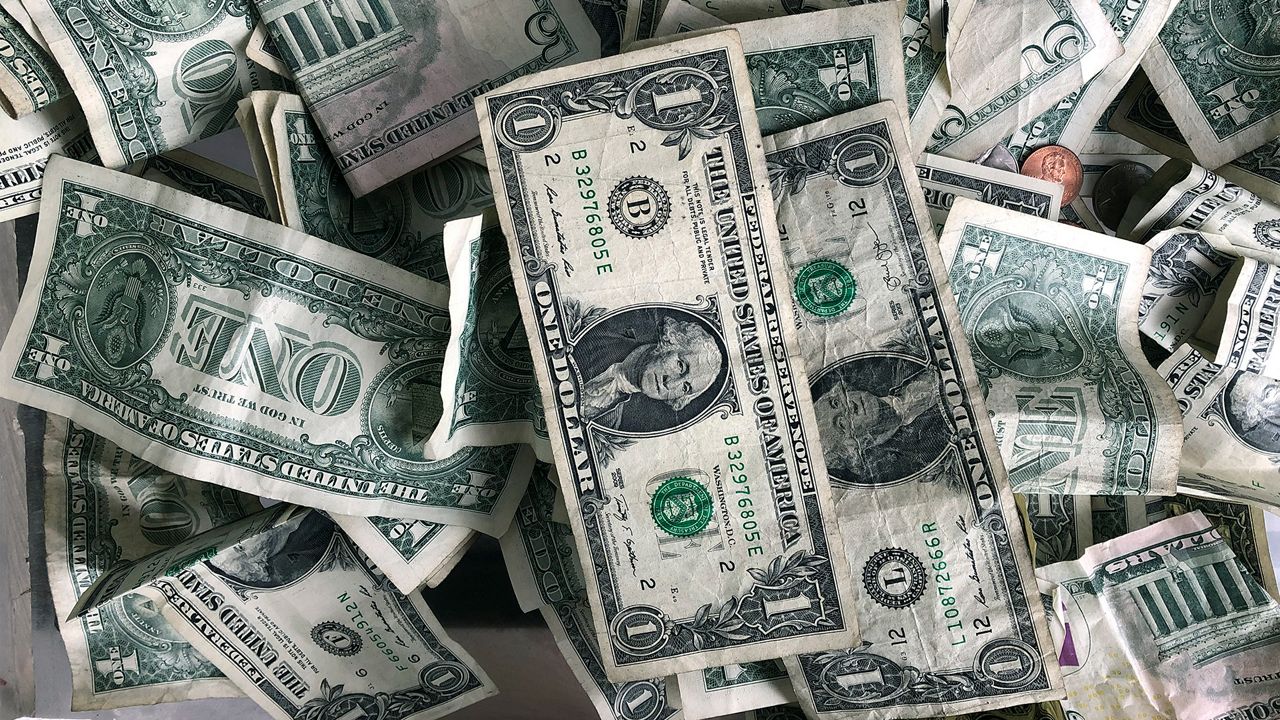New York is facing down one of its worst financial crises since the 2008 recession. Tax increases appear inevitable to fill a budget gap made wider by the COVID-19 pandemic and resulting economic turmoil.
Progressive groups, eyeying the large Democratic majorities in the state Senate and Assembly, are eager to see that power be put to use and increase taxes on wealthier New Yorkers to make up for the lost revenue.
All told, progressives expect a combined package of tax hikes on richer people could generate $35 billion in revenue.
Here are three ways taxes could go up, and by no means an exhaustive list:
Taxing stock transactions
Texas has oil, New York has Wall Street, and you tax what you have. Taxes on stock transfers, as envisioned by supporters in the Legislature, would result in $13 billion that could be used for infrastructure. Another tax on stock buybacks would result in $3.2 billion in taxes on companies that repurchase their shares.
A pied-a-terre tax
This would tax second homes in New York City and has been proposed for several years in the legislature. It's stalled over legal concerns as well as how it could be imposed. But the target isn't weekenders with apartments in the city, but very wealthy people who purchase property as a means of parking wealth. Labor unions, including the influential building trades and 32BJ SEIU, are opposed. It would lead to $650 million in revenue, according to supporters.
A tax rate increase
This is the old fashioned and perhaps most straightforward way of increasing taxes. Proposals have ranged from increasing rates on those who more than $100 million at 11.85% (so-called "ultramillionaires") to raising rates on billionaires. The more the income tax brackets widen, the more boutique these taxes become, as there are fewer and fewer filers at the top of the pyramid. New York relies on a handful of wealthy filers for much of its tax revenue, leading to a debate over whether these taxpayers will simply decamp to a state where the taxes are much cheaper.



